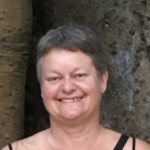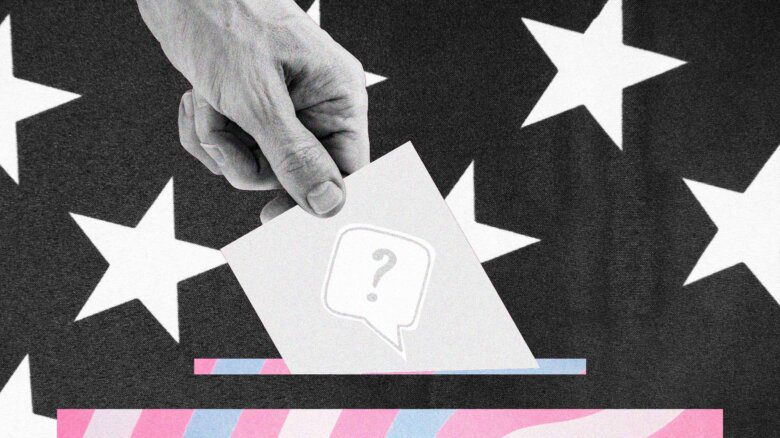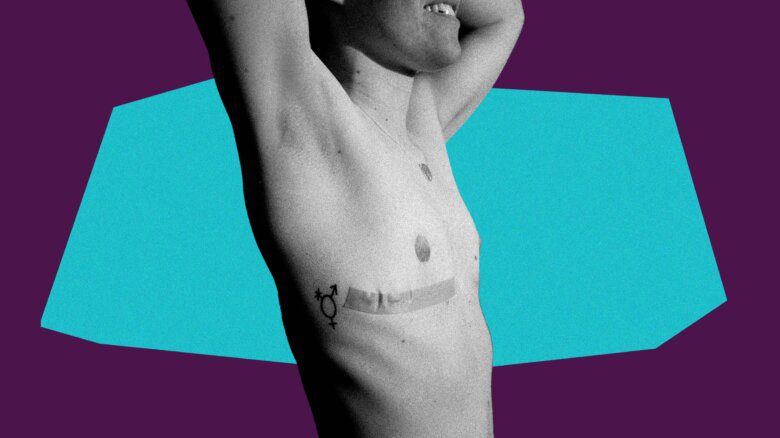In recent years tobacco has been recognized as a serious health issue among queers. Now a local queer-focussed organization is stepping up to do something about it.
“We know from research it affects us disproportionately,” says Michele Clarke, a researcher with the Rainbow Tobacco Intervention Project and health promoter at Sherbourne Health Centre.
“There are tons of surveys,” says Clarke, referencing a literature review out of the US. “The 2001 review of surveys done since the ’70s found 11 to 50 percent of the gay population smoked compared to 28 to 35 percent of the general public. The studies with the lower numbers were the most unreliable. Forty to 45 percent is where the number usually ends up. In Canada 20 percent of [the general adult population] smoke.”
The Rainbow Tobacco Intervention Project was formed in 2004 to tackle elevated smoking rates amongst queers and trans folk. One of the first steps will be to assess the local smoking situation with an anonymous survey funded by Toronto Public Health and the Sherbourne Health Centre. The on-line survey, now available at Rainbowtobacco.com, will help determine the needs of local queer and trans folks in the hopes of getting increased government support for targetted programs to help them quit. Unlike other surveys, the Rainbow Health Intervention Project is looking to collect information on bisexuals and trans people as well as lesbians and gay men. The initial survey, which cost $3,000 to produce, takes about two minutes to fill out. If additional funding comes through, there will be a follow-up survey based on the results.
“We need to know how many people smoke, used to smoke or never smoked,” says Clarke. “To determine rates we need to look at the entire population. We’re hoping for thousands [of respondents]. We cannot just open the phone book and make random calls…. We need everyone’s help to get the word out.”
Clarke says that smoking-related deaths and illnesses should be included when calculating the lifelong impacts of homophobia. She cites an oft-repeated quote from Kathleen DeBold, executive director of the Mautner Project for lesbians with cancer: “Smoking kills more gay people than hate crimes, suicide and AIDS combined.”
“One goal is to help people quit who want to, and the other is to bring awareness,” says Clarke. “People don’t track sex orientation when people die.”
In addition to the survey, the Rainbow Tobacco Intervention Project is working with Toronto Public Health and the provincial Ministry Of Health’s Smoke-Free Ontario program to offer the first local queer-targetted smoking cessation program. The program, Bent On Quitting, received $2,500 in funding from the Ontario Tobacco-Free Network and $6,000 from Toronto Public Health.
“Nicotine is the most addictive substance,” says Clarke. “It activates the same reward pathway in the brain as food, water and sex. We don’t expect people to kick crack or heroine without treatment.”
Bent On Quitting is currently being advertised with ads and posters showing smiling former smokers. The idea is that if peer pressure can lead people to start smoking, it can also help homos kick the habit.
“Smoking is becoming unacceptable and that helps,” says Bent On Quitting’s Claire Harvey, a nurse with Toronto Public Health.
“I’ve delivered two eight-week series so far for the queer community and we talk about homo-phobia,” says Harvey. “Everyone has a story to tell about whether or not they wanted to fit in. Even in the gayest community homophobia exists and it’s a factor with any drug use. It’s also the normalization of use within the community…. People generally quit between week four and week eight.”
For queers looking for chemical support in addition to emotional support, there’s also CAMH’s Nicotine Dependence Clinic.
“We offer subsidized nicotine replacement therapy (NRT) because most of the people we see have limited income and can’t afford to buy these products,” says Rosa Dragonetti, project coordinator for CAMH. “We have a stop study trying to see how effective it is. We are providing 10 weeks free.
“Not everyone requires NRT,” add Dragonetti. “Light smokers can get away without it. If you do require it, it helps when it’s subsidized…. A cigarette gives a bit of a rush where the patch is a steady flow of nicotine so people don’t feel they’re getting their money’s worth.”


 Why you can trust Xtra
Why you can trust Xtra


